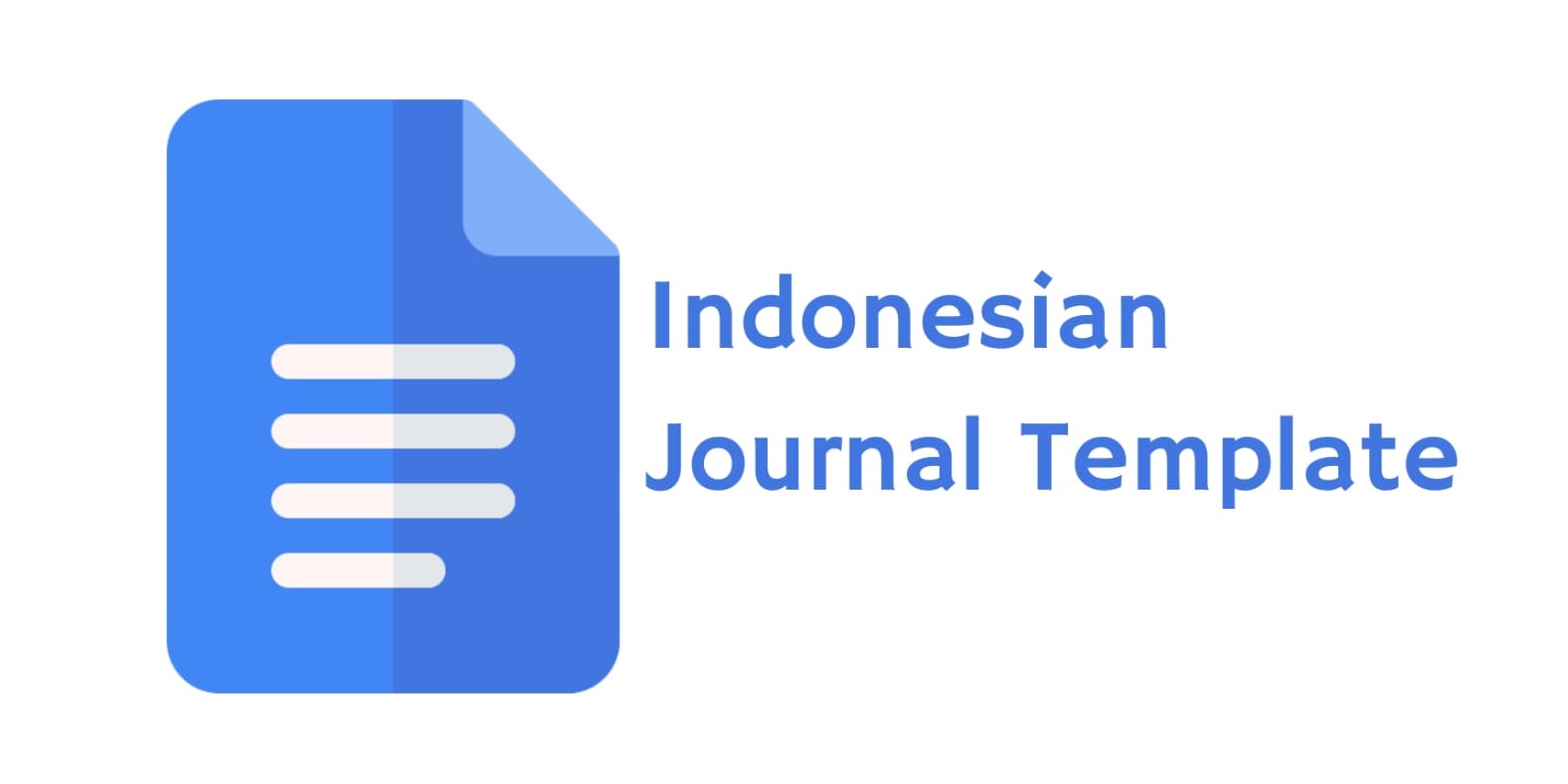Implementasi Fuzzy Logic untuk Sistem Pengendalian Suhu pada Ruangan Smoking Area Berbasis ESP8266
DOI:
https://doi.org/10.30736/je-unisla.v9i1.1201Abstract
Berdasarkan Survei Sosial Ekonomi Nasional (SUSENAS) dari Badan Pusat Statistik (BPS), pada bulan maret 2022 jumlah penduduk Indonesia yang merokok di usia 15 tahun keatas mencapai 28,6%. Di daerah perkotaan sebanyak 21,69% penduduk usia 15 tahun ke atas merokok sedangkan di daerah pedesaan sebanyak 25,36%. Berdasarkan statistik tersebut asap yang dihasilkan oleh perokok cukup banyak. Untuk mengakomodasi kebutuhan ruangan merokok yang aman diperlukan sebuah alat untuk mengatur jumlah asap yang dihasilkan oleh perokok di ruangan bebas merokok. Studi ini mengajukan penelitian untuk implementasi sistem pengendalian suhu cerdas untuk ruangan area merokok menggunakan logika fuzzy. Sistem dibuat menggunakan platform ESP8266 yang dilengkapi dengan sensor suhu dan sensor asap untuk memonitor kondisi ruangan secara real time. Penelitian ini menguraikan proses fuzzifikasi, inferensi dan defuzzifikasi untuk menghasilkan pengendalian suhu yang adaptif berdasarkan data masukan dari sensor. Penelitian ini menghasilkan sebuah purwarupa sistem pengendalian kualitas udara yang dilengkapi dengan sistem informasi web untuk monitoring pada ruangan merokok. Sistem ini berjalan dengan hardware : wemos d1 r2, sensor suhu, sensor asap dan driver kipas.
Downloads
Downloads
Published
How to Cite
Issue
Section
License
Copyright (c) 2024 Tamaji Tamaji, Delly Yusar Akbara

This work is licensed under a Creative Commons Attribution-ShareAlike 4.0 International License.
Jurnal JE-UNISLA : Electronic Control, Telecomunication, Computer Information and Power System is licensed under an Attribution-ShareAlike 4.0 International (CC BY-SA 4.0) license. You are free to:
Share — copy and redistribute the material in any medium or format
Adapt — remix, transform, and build upon the material for any purpose, even commercially. This license is acceptable for Free Cultural Works.
The licensor cannot revoke these freedoms as long as you follow the license terms.
Attribution — You must give appropriate credit, provide a link to the license, and indicate if changes were made. You may do so in any reasonable manner, but not in any way that suggests the licensor endorses you or your use.
ShareAlike — If you remix, transform, or build upon the material, you must distribute your contributions under the same license as the original.
No additional restrictions — You may not apply legal terms or technological measures that legally restrict others from doing anything the license permits.
Copyright
Authors who publish with this journal agree to the following terms:
Authors retain copyright and grant the journal right of first publication with the work simultaneously licensed under an Attribution-ShareAlike 4.0 International (CC BY-SA 4.0) that allows others to share the work with an acknowledgment of the work's authorship and initial publication in this journal.
Authors are able to enter into separate, additional contractual arrangements for the non-exclusive distribution of the journal's published version of the work (e.g., post it to an institutional repository or publish it in a book), with an acknowledgment of its initial publication in this journal.
Authors are permitted and encouraged to post their work online (e.g., in institutional repositories or on their website) prior to and during the submission process, as it can lead to productive exchanges, as well as earlier and greater citation of published work (See The Effect of Open Access).
Creative Commons License
Jurnal JE-UNISLA : Electronic Control, Telecomunication, Computer Information and Power System by Universitas Islam Lamongan is licensed under a Creative Commons Attribution-ShareAlike 4.0 International License.
Based on a work at https://jurnalteknik.unisla.ac.id/index.php/CVL/index







